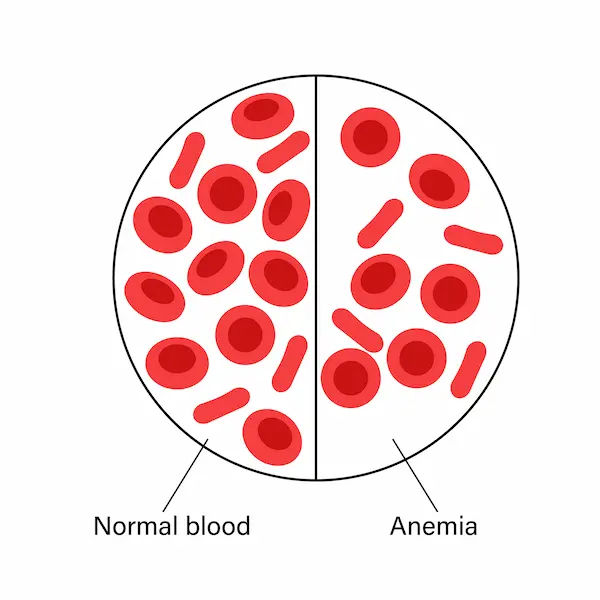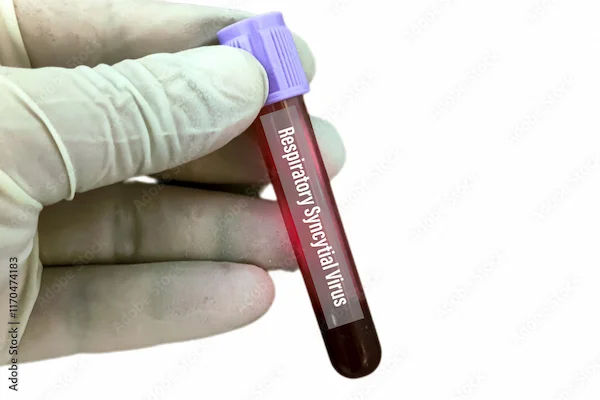Hypothyroidism: Overview of Symptoms and Treatments
Discover the causes, symptoms, diagnosis, and treatment options for hypothyroidism, including lifestyle tips and when to seek medical advice for better thyroid health.


Hypothyroidism is a common condition where the thyroid gland doesn’t produce enough thyroid hormones. These hormones play a crucial role in regulating metabolism, energy levels, and overall bodily functions. When they are in short supply, it can lead to various health issues.
If you or someone you know has been diagnosed with hypothyroidism, understanding the condition, its symptoms, causes, and treatment options can help manage it effectively.
What is Hypothyroidism?
The thyroid is a small, butterfly-shaped gland located in the front of your neck. It produces two main hormones, thyroxine (T4) and triiodothyronine (T3), which help control how your body uses energy.
When the thyroid doesn’t make enough of these hormones, many bodily functions slow down. This condition is called hypothyroidism or underactive thyroid.
Common Symptoms of Hypothyroidism
Hypothyroidism develops slowly, and symptoms may be mild at first. Over time, they can become more noticeable. Some common signs include:
- Fatigue and sluggishness – Feeling unusually tired even after a full night’s sleep.
- Weight gain – Unexplained weight gain despite no major changes in diet or activity.
- Cold sensitivity – Feeling colder than usual, especially in hands and feet.
- Dry skin and hair – Skin may become rough, and hair may turn brittle or thin.
- Constipation – Slower digestion leading to difficulty in bowel movements.
- Muscle weakness and joint pain – Aches, stiffness, or swelling in joints.
- Depression and mood swings – Feeling low, anxious, or irritable.
- Memory problems – Difficulty concentrating or remembering things.
- Irregular or heavy menstrual periods – Women may experience changes in their cycle.
- Hoarse voice and puffy face – Swelling around the eyes and face.
If you notice several of these symptoms, it’s best to consult a doctor for proper diagnosis.
What Causes Hypothyroidism?
Several factors can lead to an underactive thyroid, including:
1. Autoimmune Disease (Hashimoto’s Thyroiditis) – The most common cause, where the immune system mistakenly attacks the thyroid.
2. Thyroid Surgery or Radiation Therapy – Removal of part or all of the thyroid gland can reduce hormone production.
3. Certain Medications – Some drugs (like lithium or amiodarone) can interfere with thyroid function.
4. Iodine Deficiency – Iodine is essential for thyroid hormone production; lack of it can cause hypothyroidism.
5. Pituitary Gland Disorders – Rarely, problems with the pituitary gland can affect thyroid hormone regulation.
6. Congenital Hypothyroidism – Some babies are born with an underdeveloped thyroid gland.
How is Hypothyroidism Diagnosed?
If your doctor suspects hypothyroidism, they may recommend:
- Blood Tests – Measures TSH (Thyroid-Stimulating Hormone) and T4 levels. High TSH with low T4 indicates hypothyroidism.
- Antibody Tests – Checks for Hashimoto’s disease (anti-TPO antibodies).
- Early diagnosis helps prevent complications like heart disease, infertility, or nerve damage.
Get Your Symptoms Checked now
Treatment Options for Hypothyroidism
The good news is that hypothyroidism is manageable with proper treatment. The most common approach is:
1. Thyroid Hormone Replacement Therapy
- Levothyroxine (Synthroid, Levoxyl, etc.) – A synthetic form of T4 hormone taken daily.
- Dosage Adjustment – Your doctor will adjust the dose based on regular blood tests.
- Tips for Taking Thyroid Medication:
- Take it on an empty stomach (preferably in the morning).
- Avoid calcium or iron supplements within 4 hours of taking the pill.
- Stay consistent—missing doses can worsen symptoms.
2. Lifestyle and Dietary Changes
While medication is essential, certain lifestyle habits can support thyroid health:
- Eat a Balanced Diet – Include iodine-rich foods (seafood, dairy), selenium (nuts, eggs), and zinc (beans, whole grains).
- Limit Goitrogenic Foods – Raw cruciferous vegetables (cabbage, broccoli, cauliflower) in excess may interfere with thyroid function.
- Exercise Regularly – Helps boost metabolism and energy levels.
- Manage Stress – Chronic stress can worsen thyroid function. Try yoga, meditation, or deep breathing.
- Get Enough Sleep – Aim for 7-8 hours per night to support hormone balance.
3. Regular Monitoring
- Follow up with your doctor for periodic blood tests.
- Report any new or worsening symptoms.
When to See a Doctor?
If you experience persistent fatigue, unexplained weight gain, or other symptoms of hypothyroidism, don’t ignore them. Early treatment can prevent complications.
Need expert advice?
You can consult an endocrinologist or book a thyroid test through Apollo 24|7 for convenient and reliable healthcare services.
Final Thoughts
Hypothyroidism is a lifelong condition, but with the right treatment and lifestyle adjustments, you can lead a healthy and active life. If you suspect thyroid issues, don’t hesitate to seek medical advice.
Consult Top Specialist
Consult Top Specialist
Dr. Gaddam Manoj
General Practitioner
1 Years • MBBS
Hyderabad
Aaradhya clinic, Hyderabad

Dr Suseela
General Physician
5 Years • MBBS
Bengaluru
Apollo Medical Center, Marathahalli, Bengaluru

Dr Syed Mateen Pasha
General Physician
2 Years • MBBS
Bengaluru
PRESTIGE SHANTHINIKETAN - SOCIETY CLINIC, Bengaluru

Dr. Sudhashree R
General Physician/ Internal Medicine Specialist
13 Years • MBBS, MRCEM
Bengaluru
Apollo Clinic, JP nagar, Bengaluru

Dr Darshana R
General Physician/ Internal Medicine Specialist
15 Years • MBBS, MD, DNB (Internal Medicine), Diploma in Allergy, Asthma and Immunology , Fellowship in Diabetes
Bengaluru
Apollo Clinic, JP nagar, Bengaluru
(100+ Patients)




